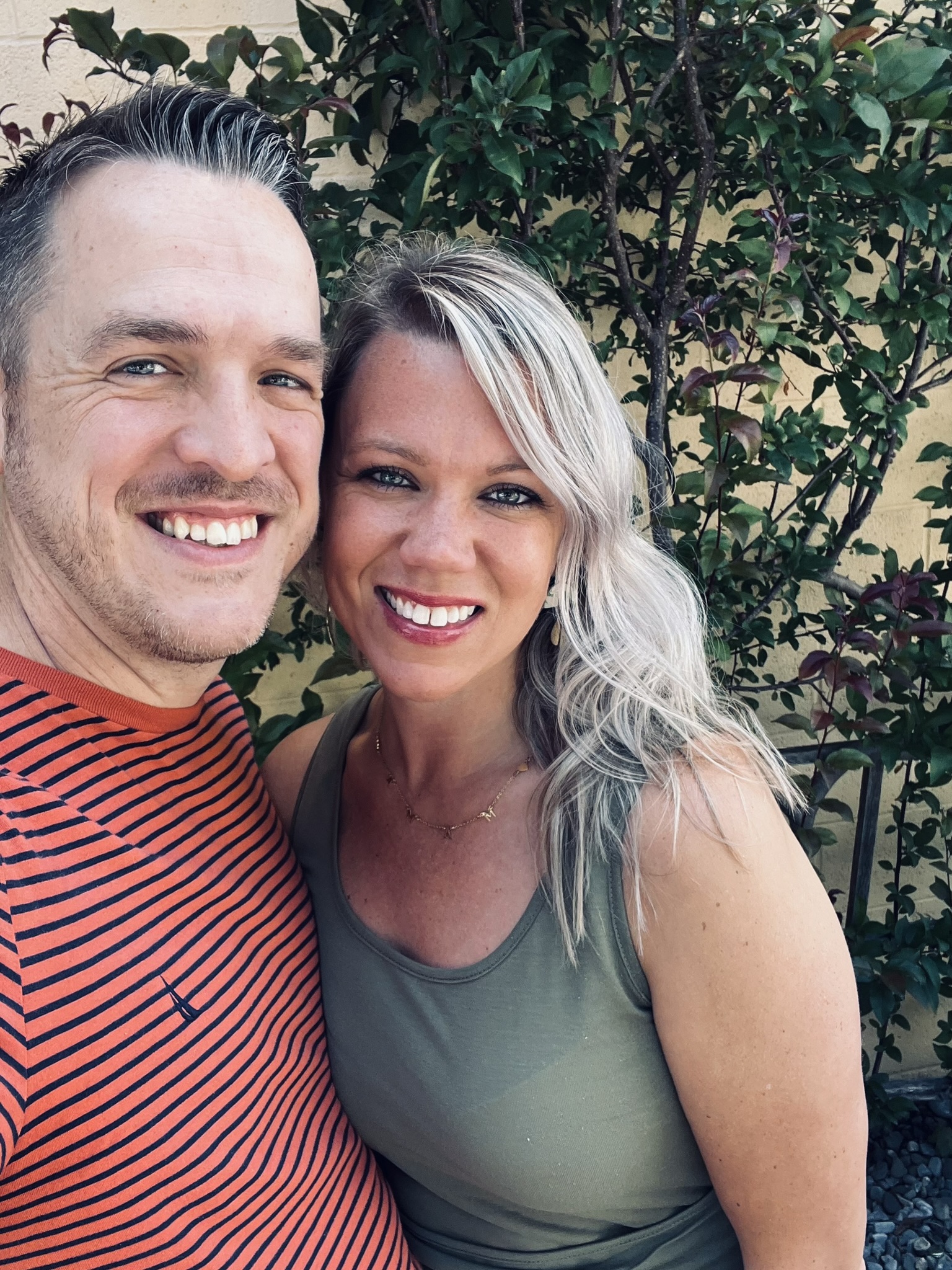If you’re a child of the 80’s, you’ll probably recognize this phrase instantly:
“I PITY THE FOOL!”
It took me a second, but not much longer, to remember the man with the distinct haircut, multiple rings, and massive amounts of gold around his neck as none other than Mr. T. Interestingly enough, Mr. T’s last name is Tero (I never knew that before the time of this writing). I think all these years I always thought his last name was, unsurprisingly, TOUGH 😆.
Why do I even bring up Mr. T and what in the world does he even have to do with recovery? Because of one word mentioned in that famous phrase: pity.
I don’t know that I’ve thought much about the meaning of that word in life, but I sure have experienced a considerable amount of pity, especially during the darkest years of my addiction to pornography.
What does pity actually mean? Pity is most commonly defined as a deep sorrow, regret, or disappointment over something. Feeling pity towards someone else can signify a sense of compassion for them.
The kind of pity I wanted to focus on in this post is most certainly a kind we’ve all dealt with: self pity. Think about your own life. In the moments and times you’ve felt self pity about something you did or maybe the person you were becoming. What did that do for you? Except make you feel like a bigger loser. I get it. I was there too.
Self pity almost never leads us to a healthy place. I read something interesting just today in my devotions: Self pity eventually leads to self-medication or self-destruction. What starts as sorrow or regret can eventually lead us to a very dangerous place in life.
Is it fair to say that self pity can introduces us to shame? Or at least are they closely related?
I’ve been reading an incredible book by Carl Thomas called “When Shame Gets Real: A New Way to Talk about Sex, Porn, and Masturbation.” Believe me when I tell you that this book has been both well thought out and well written. I love what Carl writes in the introduction:
“Shame cares about one thing and one thing only: suppressing you and everything that matters in your life such as your work, hopes, dreams, and passions. It wants to chase you into a little dark corner where you can stay hidden from the rest of the world, remaining ineffective and impotent.” (Introduction, pg.14)
Shame is a powerful force! And if left unchecked for years upon years, it can really debilitate someone’s life. I know that it did with me. Throughout my four years as a youth pastor, the weight of my own hypocrisy was steadily crushing me. And I remember the intensity of this shame as it reached its pinnacle while dating my wife. I had tried to stop looking at porn on my own without any kind of help from others.
My wife could see through all the lies. And she very nearly left me. Can you imagine that? Losing your marriage before it ever began. That was the place that I was at. At the height of shame. A crossroads where I had the choice: Was I going to continue living a secretive, diminished life or surrender to the very best life imaginable?
I chose a life of freedom. I wish I could say that shame instantly disappeared from my life, but that process took several years of work on my end and support from others who believed in me.
What started as frustration, regret, and disappointment quickly turned into a lifestyle where I thought the problem was me. What was wrong with ME?
This is what shame does. As Carl goes on to write in his book, “shame attacks your very nature and identity.” (Ch.1, pg.10)
Keep a close watch on your heart. When you feel yourself starting to gravitate towards self pity, reach out to someone you trust. The key in these types of situations is inviting others to help you process those feelings and emotions in a healthy way.
So often, if we’re not careful, we can get ourselves stuck in a rut where we’re believing lies about who we are. It works just like quick sand. Before we know it, we’re so stuck that we can’t escape on our own. We need the helping hand of another!
This is what Small Groups Online does by offering you the support and community you need when shame has a grip on your life. SGO offers weekly Zoom meetings on a day and time of your choosing where other men and women like yourself can truly find strength in numbers. Trust me when I say that none of us can make it very far on our own. Check out Small Groups Online today. It’s one decision you won’t regret!

Frank is passionate about helping individuals live with sexual integrity. He also works alongside his wife Tracey in helping spouses who have been devastated by their partner’s addiction. Frank & Tracey live in beautiful southern Delaware with their two children: Nathan and Addison.

